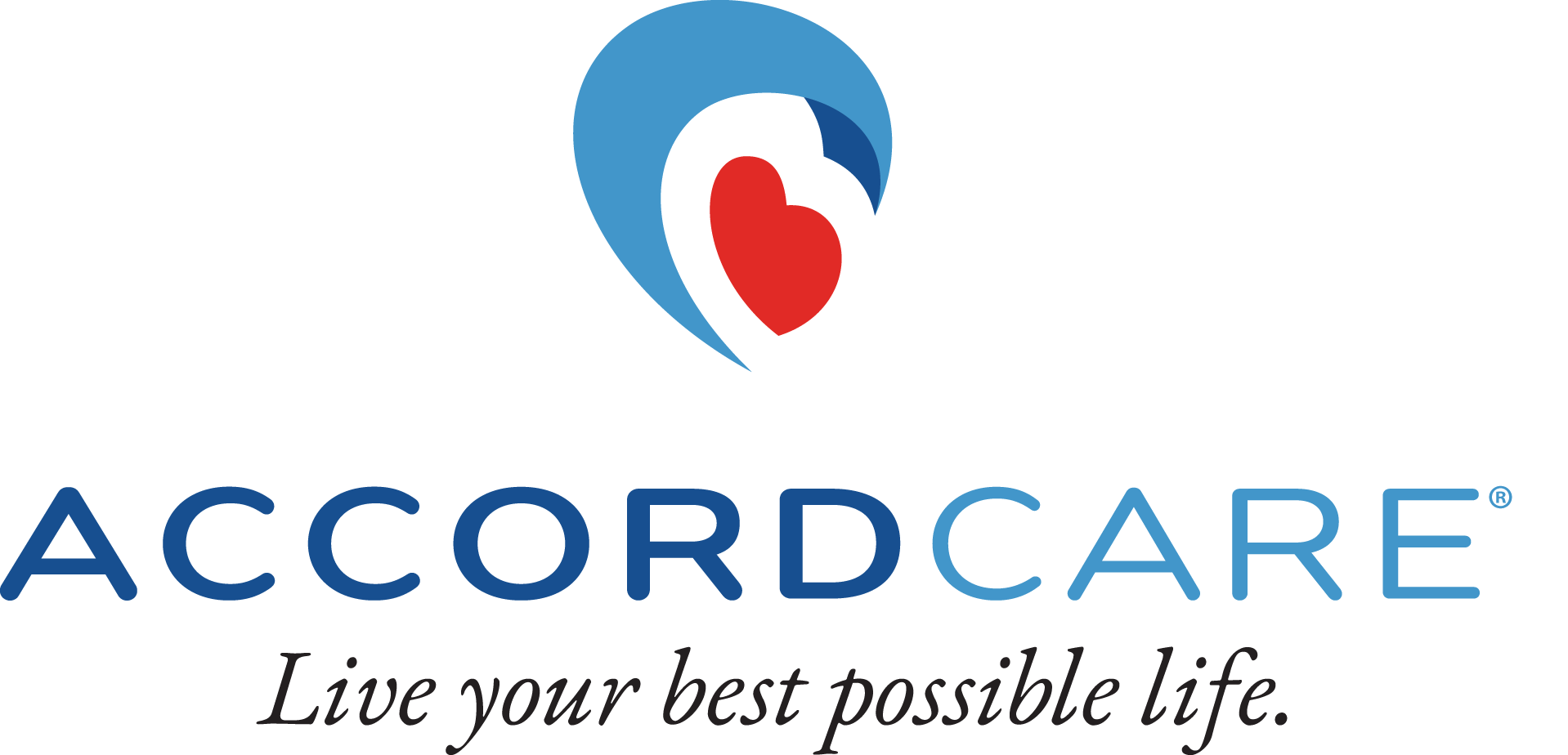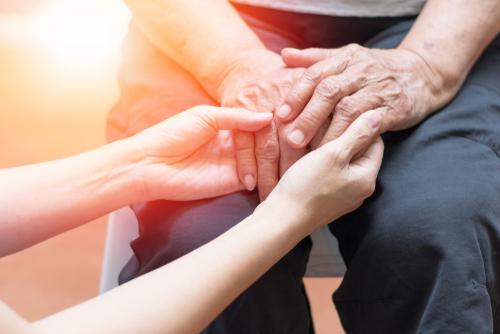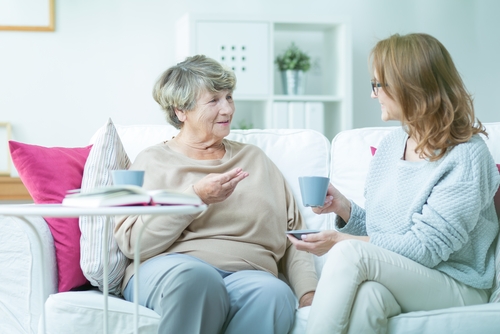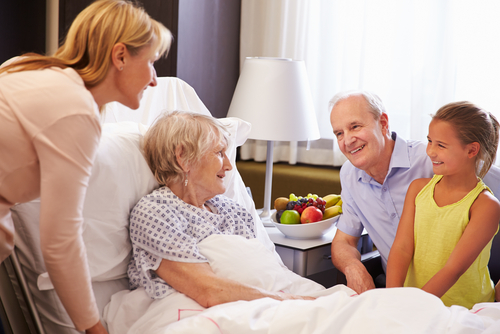Activa Home Health
(Medicare & ACHC Accredited)
Broward County: 954-344-1761
7451 Wiles Road | Suite 207
Coral Springs, FL 33067
HHA 299994707
Stuart: 772-577-2862
729 SW Federal Highway | Suite 222
Stuart, FL 34994
HHA 299991980
Palm Beach County: 561-819-0460
1501 Corporate Drive | Suite 230
Boynton Beach, FL 33426
HHA 299993383
Martin/St. Lucie/Indian River Counties:
772-249-0606
3055 Cardinal Drive | Suite 301
Vero Beach, FL 32963
HHA 299993848
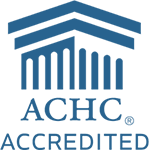
Nightingale Private Care
(ACHC Accredited)
Broward County: 954-900-1110
7451 Wiles Road | Suite 207
Coral Springs, FL 33067
HHA 299991942
Stuart: 772-245-8390
729 SW Federal Highway | Suite 222
Stuart, FL 34994
HHA 299993574
Palm Beach: 561-819-0460
(local number only)
Vero Beach: 772-245-8390
3055 Cardinal Drive | Suite 301
Vero Beach, FL 32963
HHA 299993574


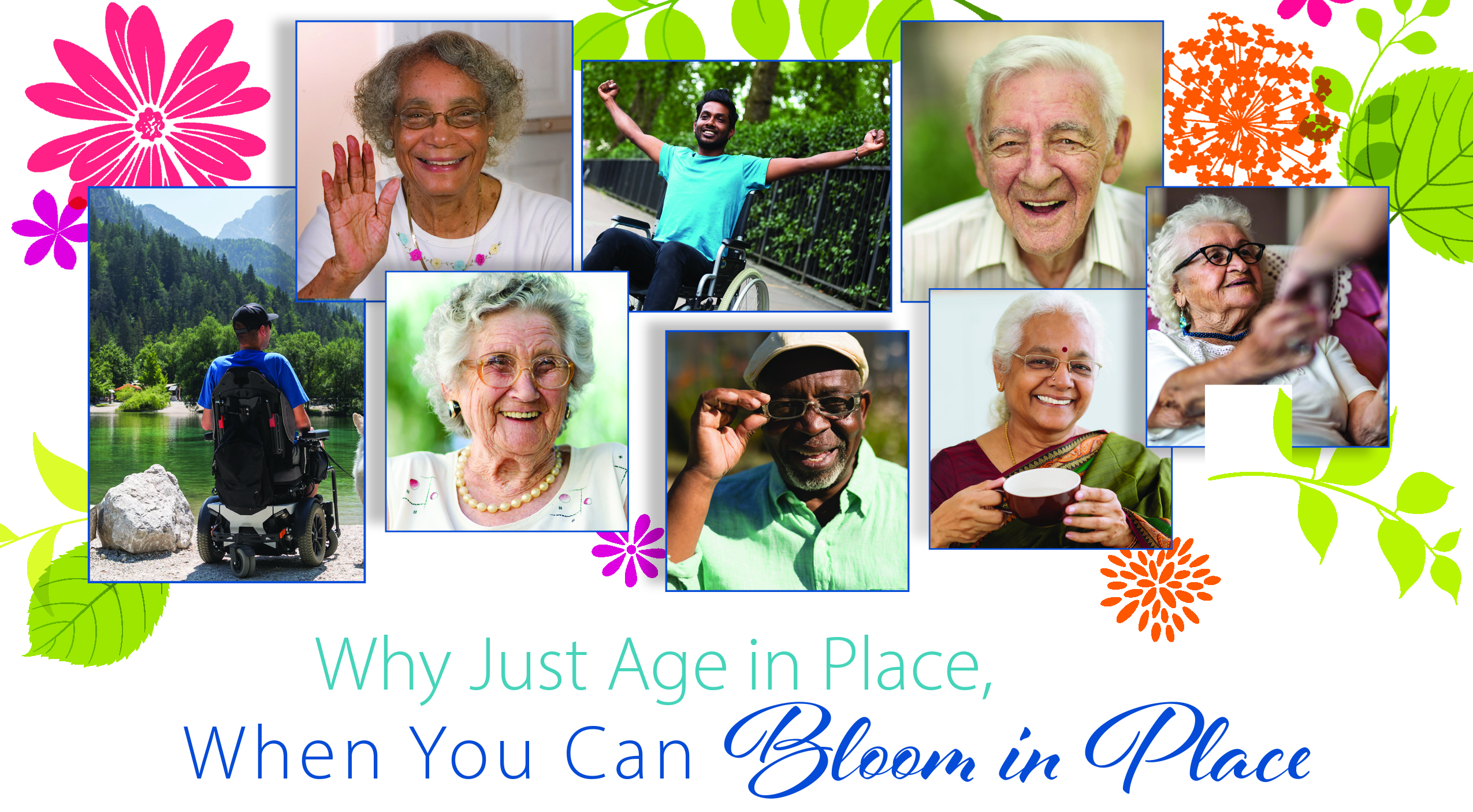
Explore our blog and resources
What is ‘Sundowning?’
People who have spent a great deal of time with those with Alzheimer’s disease begin to notice behavioral patterns that are common between them. One of the most commonly recognized behavioral patterns associated with dementia is confusion, agitation and aggression associated with the late afternoon when the sun is setting. This phenomenon is known as sundowning and has been well-recognized within the medical and healthcare setting as well as in the literature in the fields of neurology and brain health.
Tackling Hospital-To-Home Conversations with Your Elder Loved One
Do you have a loved one who will soon be needing in-home care, especially after major surgery? Then you will soon know the feeling of having your routines disrupted almost beyond recognition. Often, the most difficult part of this is having to discuss, with the household's newest member, how things will be run. This seemingly arduous task can be made easier by what you do and say in the time leading up to the introduction of your loved one into the household.
Discharge Planning: Your Hospital-to-Home Checklist
A hospital stay can be a trying and stressful time for even the most patient and otherwise healthy of people, and this is doubly true for older adults who have become well-accustomed to living alone at home and who have established preferences and routines that are disrupted by staying in the hospital.
